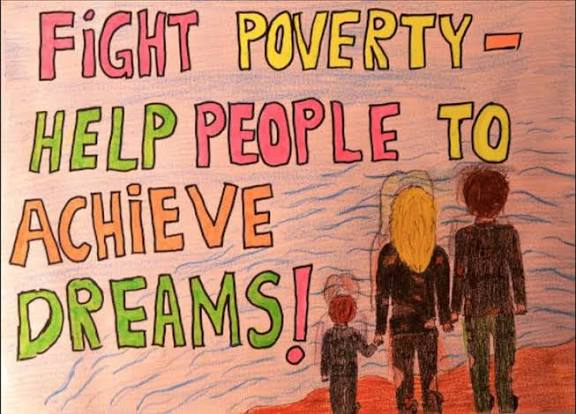
One of the most powerful ways to eradicate poverty is through education. Education equips people with the knowledge and skills needed to secure better jobs, make informed decisions, and improve their quality of life. When children, especially girls, have access to quality schooling, they break cycles of poverty and contribute meaningfully to society. Governments and communities must invest in affordable education, vocational training, adult literacy, and digital skills to prepare people for modern job markets.
Another major pathway to poverty reduction is economic empowerment. Creating employment opportunities, supporting entrepreneurship, and encouraging small businesses can significantly lift families out of poverty. Access to credit, loans, and financial services helps individuals start businesses and become economically independent. Governments should also invest in infrastructure such as roads, electricity, and markets to stimulate economic activities in rural and urban areas.
Agricultural development is essential, especially in countries where many people depend on farming. Providing farmers with modern tools, fertilizers, irrigation, and training increases food production and income. Encouraging sustainable farming practices also protects the environment and ensures long-term food security.
Good governance plays a critical role as well. Transparent leadership, effective policies, and anti-corruption measures ensure that public resources reach the people who need them. Social welfare programs such as health insurance, cash transfers, and subsidized food also support vulnerable groups.
Additionally, improving healthcare helps reduce poverty by enabling people to work, learn, and contribute economically. Healthy populations are more productive and less burdened by medical expenses.
In conclusion, eradicating poverty requires a combination of education, economic opportunities, agricultural support, healthcare, and good governance. With collective effort from governments, communities, and individuals, a world free from poverty is achievable.